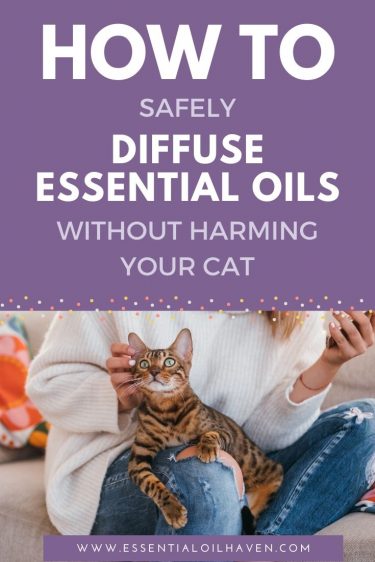 Nowadays, most people can’t imagine their home without aromatherapy. It is probably the most popular way to relax after a hard-working day. You can use essential oils during your massage session or apply your favorite one in your home to improve your living space. However, many people are afraid that freshening up their homes may negatively affect their pets, especially cats.
Nowadays, most people can’t imagine their home without aromatherapy. It is probably the most popular way to relax after a hard-working day. You can use essential oils during your massage session or apply your favorite one in your home to improve your living space. However, many people are afraid that freshening up their homes may negatively affect their pets, especially cats.
Don’t panic! Most essential oils won’t harm your furry friend severely, but there are a few you should avoid. That way, you will prevent any possible problems. The secret is basically in the form of the essential oils application and how you use them.
This post contains affiliate links, which means if you make a purchase through these links, I may receive a small commission at no extra cost to you. Read my full disclosure policy here.
Therefore, it is crucial to follow basic tips to safely diffuse essential oils without harming your cats.
What Are Essential Oils?
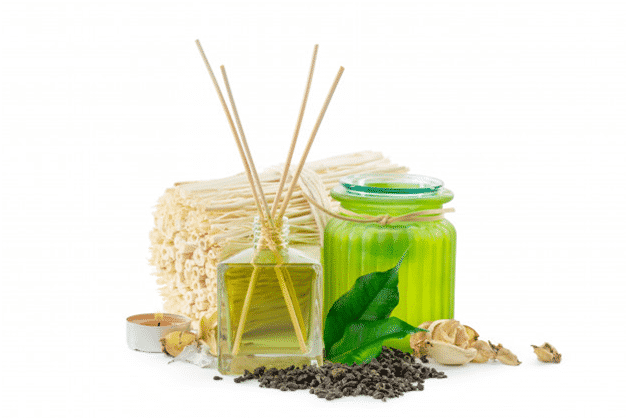
Essential oils and aromatherapy products are popular in homes across the country.
Essential oils come from plants after extraction. Their powerful fragrances are highly beneficial for humans. On the other hand, you should pay attention to warnings related to pets. Some oils can be harmful to pets, especially to cats. Cats have an extremely sensitive sense of smell.
Therefore, you should be extremely careful while using essential oils around your cats, primarily if you use a diffuser for that purpose. The rule of thumb says that you should never allow direct contact of oil with the skin or fur of your four-legged friend.
Components Dangerous for Cats
There are two primary categories of essential oils potentially dangerous to cats. Basically, the physiology of a cats’ liver is the reason why these animals are more sensitive to particular chemicals than humans and other pets.
Glucuronyl transferase is an enzyme necessary for breaking down harmful components of particular essential oils. Lack of this enzyme in cats results in their toxic buildup, which can be fatal for your kitty.
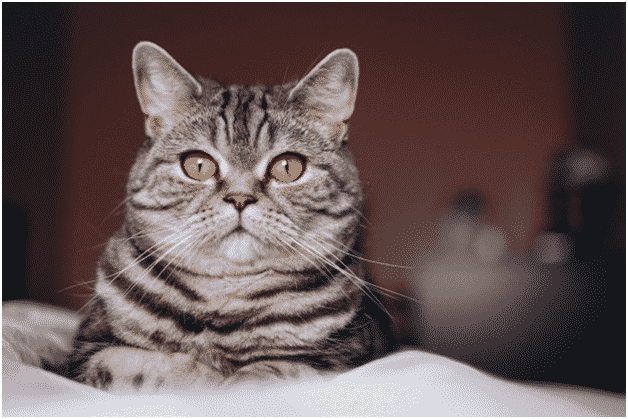
Cats have a much more sensitive sense of smell than humans.
On the other hand, there is a list of oils that are entirely safe for your cat. All you have to do is to check if the particular oil contains components dangerous for cats. Then, you should choose a safe oil instead of the harmful ones. That way, you can enjoy the freshness of your aroma-filled home and keep your cat safe at the same time.
- Phenol (carbolic acid) – These chemicals can be quite toxic to both humans and pets, causing damage to the skin and eyes and irritation of the respiratory tract. A group of high-phenol oils includes these extracted from oregano, cinnamon, savory, clove, and thyme. If you want to use them, you should pick out the lowest dilution of 1%.
- Terpenes (monoterpene hydrocarbons) – These chemicals are always highly toxic to cats, and you need to avoid using them in any circumstances. There are three most common types of these oils and plants containing the high percentage of this poisonous compound.
- Limonene – All citrus oils
- Terpineol – Pine oil, Cajeput oil, and Petitgrain oil
- Pinene – Pine oil and Fir oil
How to Safely Diffuse Essential Oils in Your Home
Before begin diffusing essential oil in your home, you should check a few things, including:
Time
Believe it or not, it is possible to overdo exposure to essential oils. Therefore, you should turn off your diffuser every 20 to 30 minutes for at least an hour.
Avoid running your diffuser all day long to keep your kitty safe. Plus, I am quite sure that you don’t want to get the fragrance to become overpowering.
Diffuser
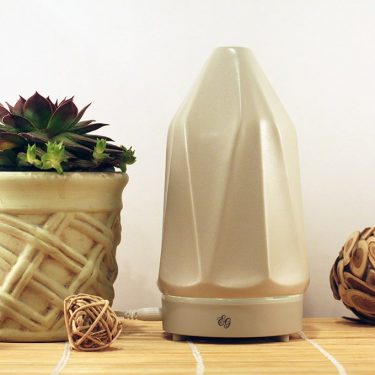
Edens Garden Diamond Diffuser (Tan Color)
Find It Here
How long you should let your diffuser run will depend on the type of device you have in your home. Most modern diffusers come with a timer, which means that you don’t need to worry about the level of scent in the room while your cat takes a nap. Set the timer to 1 hour maximum.
For safe use, you should try to pick out the model diffusing a fine mist. Also, you need to purchase the one made of high-quality materials. You don’t want your device to erode or decompose under the action of essential oils.
Type of Essential Oil
Keep in mind that various essential oils require different rules since they don’t stay in the air for the same period.
- Top notes – Lavender, peppermint, or eucalyptus evaporate within a maximum of one to two hours.
- Middle notes – Rosemary, chamomile, and geranium need at least two to four hours to vaporize entirely.
- Base notes – Cedarwood, myrrh, or ginger will stay in the room for more than five hours, and you can sometimes feel their aroma during the entire day.
Environment
Many environmental conditions will affect the concentration and length of scent retention in your home. For example, the level of air circulation and temperature in the room may speed or slow down the evaporation of molecules. Keep in mind that high temperatures and better air circulation will help aromatic molecules vanish more rapidly.
Possibility for Escape
You should always give your cat a chance to leave the room during diffusing essential oils. Also, avoid sitting on its favorite spot after applying aromatherapy oils to yourself.
Tips for Safe Essential Oil Applying
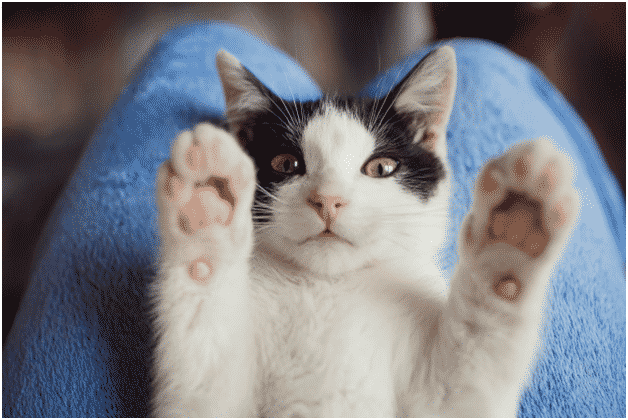
You can keep your cat safe while enjoying essential oils in your home.
Even though your favorite essential oil is toxic to your kitty, it does not mean that you need to avoid it forever. If you cannot live without a particular oil, you can use it with certain precautions.
The crucial thing is to prevent your cat from coming into contact with the specific oil that’s harmful for it. Always avoid petting your kitty after applying essential oils to the skin of your hands or face. The residue may get on the cat’s fur, and there is a high possibility that it will ingest them while bathing itself. Be cautious, cover all of your oiled body parts, and wash your hands after finishing the application. Consider alternative ways of using essential oils that don’t require diffusing.
Avoid toxic oils
Unfortunately, if the oil you like the most is toxic for cats, you should not spread it in your home in any way. Keep in mind that your furry friend can quickly inhale the vapor after the diffusion.
The most toxic undiluted essential oils for cats are:
- Cinnamon oil
- Eucalyptus oil
- Peppermint oil
- Tea tree oil
- Citrus oil
- Pine oils
- Clove oil
- Pennyroyal oil
Click here for a full list of oils to avoid, plus, learn which ones are safe!
Storage
Whether or not essential oils are toxic to cats, always keep them beyond your pet’s reach. In case of emergency, you should call the Animal Poison Control Center and ask for help.
Cleaning
Never use oils toxic to cats as cleaners. By cleaning furniture with such a product, you will put your kitty in danger since it can lick the oiled surface. Also be sure that your cat will not lick plates you leave on the kitchen counter. Therefore, always put away a pot or dish that has come in contact with essential oils.
Conclusion
Before using essential oils, you should always check out a list of those safe for diffusing around your cat. Just in case, it is still better to keep your furry friend away from the device, apply aromatherapy when it is not present, or allow the cat to exit the room if needed.
About the Author



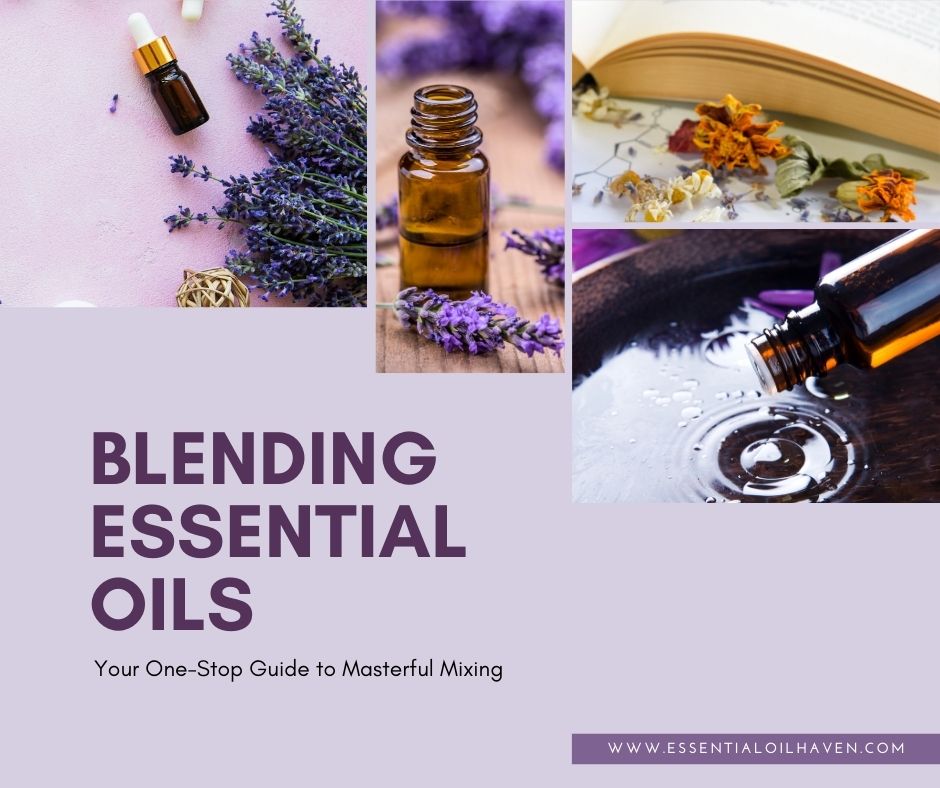
very nice..thanks for sharing this article